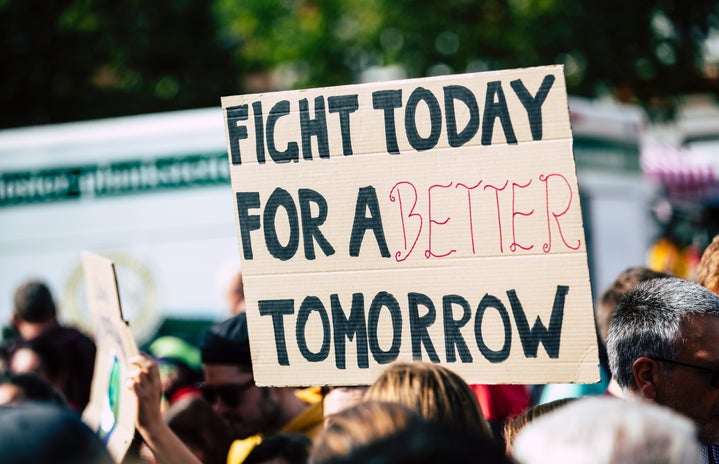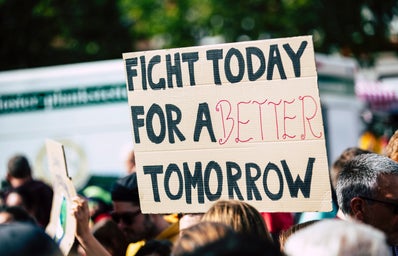#BlackLivesMatter, #StopAsianHate, #StopTheStigma, #EndSARS, #MenAreTrash, #StopGenderBasedViolence, #QueerGhanianLivesMatter. If you, like me, are an avid Twitter user and Instagram junkie then you are familiar with most of these hashtags. If none of them ring a bell to you then, just keep reading either way because, mine is to bring you up to speed just a little bit.
The hashtags listed above are but a drop in the digital ocean that is social media users’ attempts on shedding light on burning issues. Curtly put, these hashtags rose to prominence out of a need to make others aware of injustices on a global scale.
Social medias impact, particularly Twitter, with its hundreds of millions of active users across the world is undeniable. Social media lends social activists and generally anyone with access to a platform the ability to reach a wide audience. This wide-reaching function is successful in imparting pertinent information on a multitude of issues to many who might not have been aware of it, had it not been for that good-ol’ buzzing hashtag finding its way onto their timeline. However, one might pause and ponder: How sustainable is this reach if it only passes through the minds of people when the topic is trending and shortly forgotten thereafter?
Another angle one may look at this is that perhaps the world is just too messed up, plagued by countless injustices. It only makes sense that attention online is chaotically split and fleeting. The proclaimed ‘toxic’ fleeting nature of social media in how users swiftly shift their focus to the next trending hashtag at the speed of light is somewhat a reflection of reality. People want to make a difference. They want to contribute and amplify causes and movements. Retweeting here and resharing to their Insta-story there, just seems like the most suitable way to do so.
The fast pace that information is shared at is not entirely negative because, aside from the accessibility aspect of it, digital platforms are meant to be a fast-paced communication mechanism. It is imperative, however, that the real in-depth work of activism is done offline too. This is being said with the utmost cognisance of how taxing it is to engage with issues such as homophobia, domestic violence, xenophobia, racism, misogyny and so on; especially for those already on the marginalised fences of these issues.
Social media is a pivotal tool for amplification but, it is not the last stop. Care enough to extend your hand beyond scrolling through a flashing screen. It is absolutely necessary that each one of us, those privileged and those not, to take a stance on at least one issue and dedicate tangible efforts towards it.


